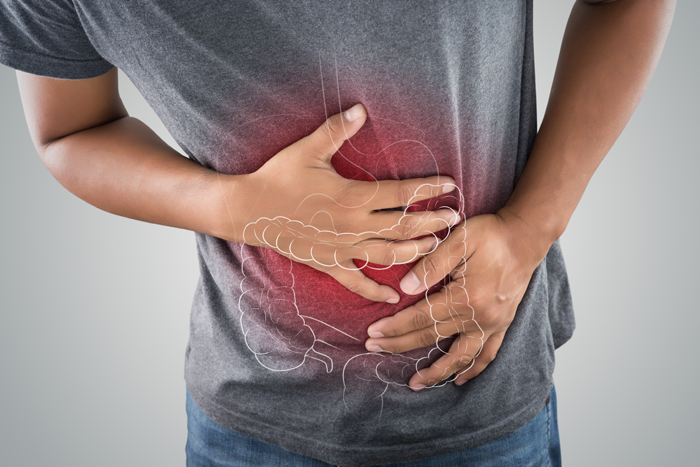Diarrhea Treatment in Chembur, Mumbai
Diarrhea is a digestive problem that causes frequent watery stools. This infection persists from a few hours to a few days. If it persists for weeks together, it can be a sign of some gastrointestinal problem such as irritable bowel syndrome. If not treated on time, it can lead to severe dehydration.

What do we need to know about diarrhea?
Diarrhea can occur at any age and at any point of time. It affects the energy level and electrolyte balance in the body. You need to seek treatment if it prevails for more than a couple of days to avoid further risks.
Passing solid stools up to three times a day is considered normal. If the consistency changes to liquid or water-like, it is diarrhea. You tend to pass stools more often, sometimes at an interval of a few minutes.
To seek treatment, you can search online for diarrhea treatment near me or a general medicine specialist near me.
What are the symptoms of diarrhea?
The common symptoms are as follows:
- Watery stools
- Frequent bowel movements
- Abdominal pain
- Nausea
- Fever
- Mucus in stools
What causes diarrhea?
Diarrhea can occur as a result of a number of conditions such as viral infections, bacterial or parasitic infections, antibiotics or other drugs, food intolerances or allergies or other digestive disorders such as irritable bowel syndrome, celiac disease, ulcerative colitis and Crohns disease.
When should you consult a doctor?
You should see a doctor if you experience the following symptoms
- Severe abdominal or rectal pain or cramps
- Constant fever
- Dehydration
- Diarrhea persists for more than a couple of days
- Blood in stools
You can request an appointment at Apollo Spectra Hospitals, Chembur, Mumbai.
Call 1860 500 2244 to book an appointment.
How can diarrhea be treated?
The treatment of diarrhea involves the following steps:
- Rehydration: Diarrhea causes excessive elimination of water through stools. This can lead to severe diarrhea. Rehydration restores water and electrolytes in the body. Oral rehydration solutions or zinc supplements are used to facilitate hydration.
- Antidiarrheal medications: If the infection is not too severe, it can be treated with antidiarrheal medications that are also available over the counter. These are generally useful for treating diarrhea in children.
- Antibiotics: If diarrhea is due to some kind of viral or bacterial infection, antibiotics are prescribed to control the symptoms. These are also prescribed in case mild antidiarrheal medications do not help.
- Diet changes: Doctors suggest certain diet changes for a few days after administering medications.
- Probiotics: Depending on your case, doctors suggest probiotics as they play a crucial role in digestion and gastrointestinal health. Studies have shown that probiotics help in reducing the symptoms and treating diarrhea.
Conclusion
Diarrhea can be caused by some underlying conditions and it can lead to further complications. It is important to diagnose and treat the root cause of diarrhea on time. Consult a doctor at the earliest.
For children, consult a doctor if you notice the following symptoms:
- Frequent loose or watery stools
- Constant fever
- Bloody or black stools
When you consult a doctor, the following steps will be followed for diagnosis:
- Medical History: Your doctor will note down the history of your health problems, medications you take, diet recall and environmental factors that might have contributed to this infection.
- Blood Test: Depending on the basic details, your doctor will suggest some blood tests. A complete blood count test is suggested in case of diarrhea.
- Stool Test: In case your doctor suspects that a bacterial or parasitic infection is the cause, they might suggest a stool test to confirm the same.
- Flexible sigmoidoscopy or colonoscopy: This test is performed with a device that is inserted into the rectum that allows the doctor to see inside your colon. It is also equipped with a tool that allows your doctor to take a small sample of your colon for further tests.
The diet changes include following a clear liquid diet in the beginning and slowly transitioning to liquid, soft foods and then solids. These replace the fluid lost each time stool is passed. Doctors suggest consuming more potassium and sodium-rich foods to make up for the lost electrolytes. You are also asked to avoid packaged and processed foods for a few days.
Symptoms
Our Top Specialities
NOTICE BOARD
CONTACT US
CONTACT US
 Book Appointment
Book Appointment


.svg)
.svg)
.svg)
.svg)








